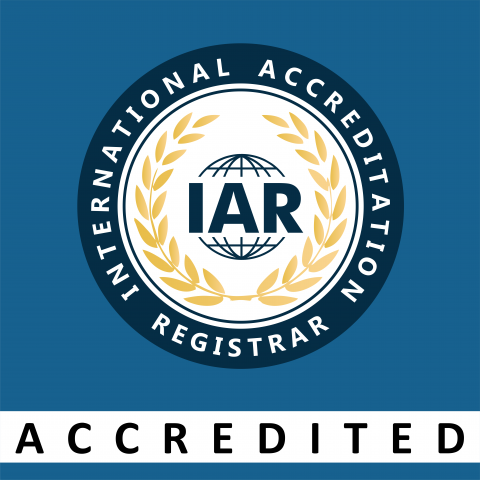ISO/IEC 24762 – IT Disaster Recovery Conformity Assessment
Overview
ISO/IEC 24762 provides guidelines for IT disaster recovery services. Our assessment helps organizations:
Evaluate IT DR preparedness against international standards
Identify gaps in technical recovery capabilities
Validate third-party disaster recovery service providers
Align with ISO 22301 business continuity requirements
Who It's For
Enterprises with critical IT infrastructure
Cloud service providers and data centers
Managed IT service providers
Financial institutions and healthcare organizations
Business continuity professionals
Why an ISO 24762 Assessment Matters
Downtime Reduction: Minimize IT service interruptions
Risk Mitigation: Identify single points of failure
Vendor Assurance: Evaluate DR service provider capabilities
Regulatory Compliance: Meet financial and data protection requirements
Scope of Our Assessment
Recovery Strategies: RTO/RPO evaluation
Technical Controls: Backup systems and failover mechanisms
DR Site Assessment: Alternate processing facilities
Testing Procedures: Disaster simulation effectiveness
Improvement Roadmap: Prioritized technical enhancements
Our 6-Step Assessment Process
Scoping Workshop: Define critical IT systems
Document Review: DR plans and procedures
Technical Evaluation: Infrastructure and tools assessment
DR Test Observation: Recovery exercise review
Gap Analysis: Compare against ISO 24762 guidelines
Final Report: Conformity Assessment with action plan
Deliverables
Conformity Assessment Certificate (valid 1 year)
Recovery Capability Scorecard
Technical Gap Analysis
Vendor Evaluation Framework
Executive Briefing Package
Why Company Certification Int.?
IT Resilience Experts: Assessors with CISSP and CBCP certifications
Technical Depth: Infrastructure and cloud recovery expertise
Vendor-Neutral: Unbiased evaluation of service providers
Global Standards Alignment: Integrates with ISO 22301 and NIST frameworks
FAQ
Q: Is ISO 24762 certification available?
A: No, it's a guidance standard. Our assessment provides formal recognition of your DR capabilities.
Q: How often should we reassess?
A: Annual assessments are recommended, especially after major IT changes.
Q: Can this assess cloud-based recovery solutions?
A: Absolutely. We evaluate both traditional and cloud DR architectures.
Q: What's the difference between this and ISO 27031?
A: ISO 24762 focuses on technical IT recovery, while 27031 covers broader ICT readiness.
Q: Do you need to visit our DR site?
A: Site visits are recommended but not mandatory for remote-enabled infrastructures.
Get Started
Ready to validate your IT disaster recovery capabilities?
[Request DR Assessment] [Download Recovery Checklist]

